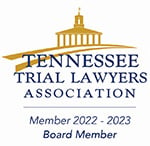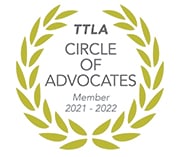News that a family member or close friend in Tennessee sustained a traumatic brain injury no doubt hit you hard. In such a scenario, you likely stand ready to help out with their care and recovery in any way that you can. The question then becomes to what extent may that recovery be.
Many come to us here at Boren & Boyd, PLC convinced that there is no way to know that in the immediate aftermath of one suffering a TBI (thus making it impossible to factor that into response planning). Yet that may not be the case.
Making determinations from clinical observations
Caretakers utilize a clinical observation test known as the Glasgow Coma Scale to determine the extent of your loved one’s TBI upon receiving them for care. This test observes your family member’s or friend’s responses to external stimuli in the following areas:
- Verbal responses
- Eye movement
- Motor skills
Clinicians assign a point total in each of these areas and then sum the points from each category to come up with an overall score. The closer your loved one’s responses are to the standard clinical baseline, the higher their scores are. Therefore, you hope for a high GCS score.
Interpreting a GCS score
What exactly does a GCS score indicate (and how might you use that in planning your loved one’s care)? According to the Centers for Disease Control and Prevention, a score of 13 or above indicates a mild brain injury, while a score between nine and 12 indicates a moderate TBI. A score of eight or below indicates your loved one likely suffered a severe brain injury (from which the chances of a complete recovery may be remote). Such an injury could reasonably require lifelong care.
You can find more information on dealing with a severe injury on our site.














